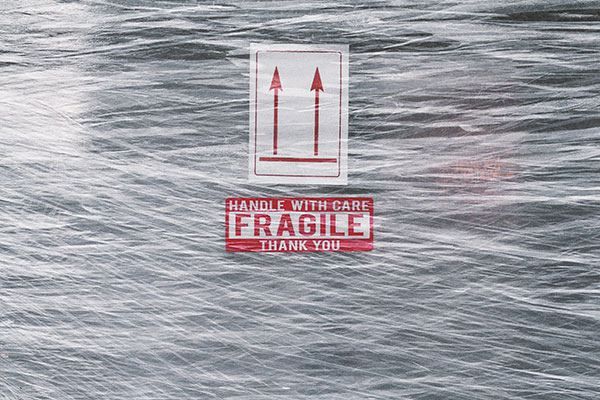Many writers go through separation anxiety at one stage or another. Letting go is easier if you have confidence in the person you are handing your work to, if you accept that that person may not love your baby as much as you do, and if you welcome constructive feedback.
HANDING OVER YOUR BABY INTO SOMEONE ELSE’S CARE
You may well recognise that your baby needs help to develop properly. Writers sometimes contact me because they know there are issues with their work(usually structural), but they just can’t see their way around them. They are looking for an outside, expert eye to help them find the way forward. Whilst it is important to get the manuscript as clean as possible (free from obvious errors) and as tight as possible, if you know that any more time you spend on the text is likely to confuse the issue, then leave it alone and seek advice from a professional.
Sometimes writers I deal with are like proud parents wanting to show off their beautiful, highly intelligent offspring. They have polished and honed and redrafted and revised and have finally finished. That’s great. But it doesn’t mean that they are finished with the manuscript. Close scrutiny by a professional will most likely result in an editorial report offering recommendations on how to further develop the work to give it the best possible chance with an agent or publisher.
It can be difficult to receive feedback suggesting changes if you thought your work was done, but every writer I know who has faced the unwelcome news that the manuscript is not quite ready, has, in the end (and perhaps after a glass or two of red wine, or a week or two of putting the manuscript out of sight) been thankful for the opportunity to make their work richer, deeper, stronger. It’s about trusting the person to whom you have handed over your baby. If they are any good at their job, they will respect your work and treat it with care and consideration.
LEAVING HOME
After multiple drafts, an editorial report, perhaps a second read through by an assessor, the odd workshop or course, maybe a mentorship or fellowship, your baby has grown into a teenager, with various hormonal surges and associated collateral damage along the way (that’s you, not the manuscript). It’s time he/she/it left home. If you can’t seem to let go, is it your own lack of confidence rather than the manuscript’s ability to speak for itself? If you are pursuing a dream of publication, you must send your work out there. Be prepared, however, to find your offspring returning home at some stage.
You will need to keep sending your work out to publishers or agents if you are not accepted first time around. If you get multiple rejections then perhaps think about reworking the manuscript yet again, or giving it some serious time out, or rethinking your publishing strategy. Even if a publisher does say the magic words ‘we’d like to offer you a contract’, you still might find your baby back on your doorstep. A publisher’s editor will no doubt have some suggestions on ways to further improve the work.
THE PUBLISHING VILLAGE
Think of the saying, ‘it takes a village to raise a child’. This recognises the role that a whole community plays, aside from immediate family, in the development and maturity of a socialised individual. The same could be said of a manuscript as it develops and matures to the point where it is ready to hit the bookshelves. Letting go begins when you are ready to allow someone else from the publishing community help you ‘raise’ your manuscript. And continues right through to the launch, where you have to let your work go all over again, this time in covers, into the world of readers.
And once you’ve let go, you can begin work on the next manuscript.
